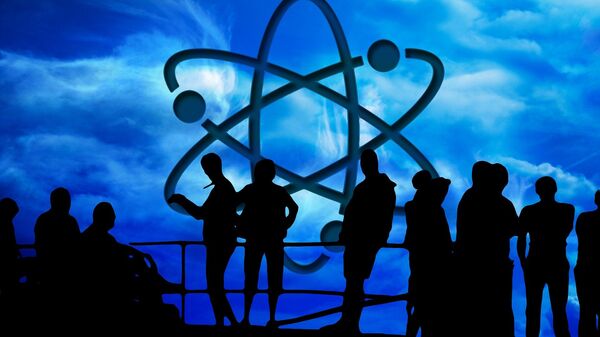University of Bristol researchers have developed and tested next-generation diamond batteries that exploit energy from radioactive materials, thereby sharpening the issue of nuclear waste recycling, the University website reads.
The work is being done as part of a project called Advanced Self-Powered sensor units in Intense Radiation Environments, or ASPIRE.
The first power plant that was looked into in terms of potentially applicable waste was the Berkeley Power Station in Gloucestershire, the UK. Although decommissioned back in 1989, it has only now been cleared of dangerous by-products.
For instance, carbon-14 isotopes extracted from graphite blocks, which the plant had previously manufactured, have been infused in a testing mode with wafer-thin diamonds to create the batteries.
The latter, researchers boast, can supply power on a “near-infinite basis” and be widely used in anything from the manufacturing of hearing aids and pacemakers, to boosting spacecraft capacities.
The potential is massive, indeed, the researchers argue, as in the UK alone, around 100,000 tonnes of nuclear waste are buried in the ground in the form of graphite blocks.
"The ultimate aim is to have a factory based at one of the former power stations in the South West that takes Carbon-14 isotopes directly from the graphite blocks for use in diamond batteries”, said Professor Tom Scott, director of the South West Nuclear Hub contending that it would significantly cut the radioactivity of the remaining material, “making it easier and safer to manage.”
According to the academic, with quite a few of the UK’s nuclear power plants set to go offline in the years to come, chances are that the material on the ground will go for “so many great uses”.
The diamond batteries are already being tested in the most extreme conditions possible, with James Barker from the University of Bristol's Faculty of Engineering, expressing positive expectations from the breakthrough:
"Eventually, a highly powerful version of a diamond battery could power a mobile phone”, he said, cited by the Independent.

